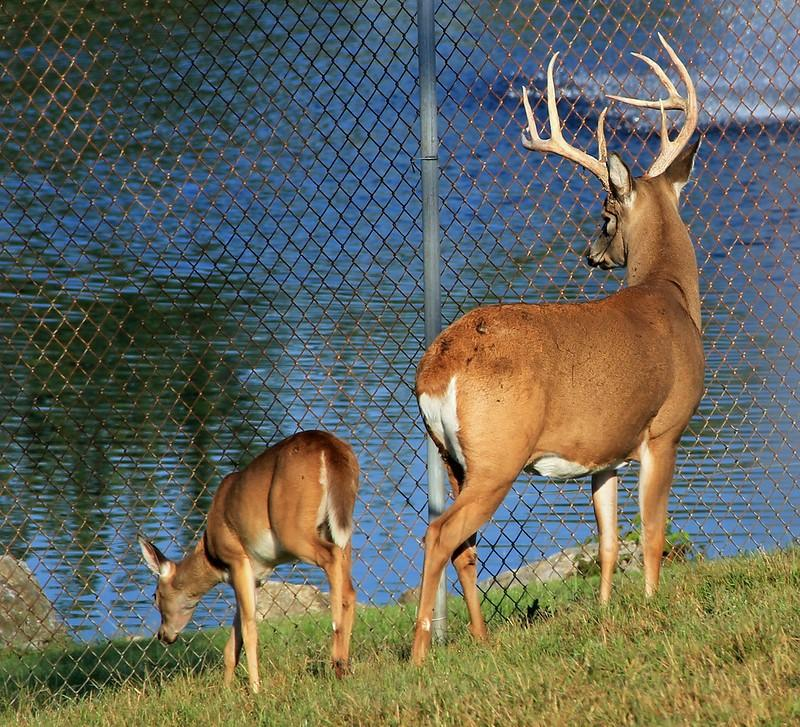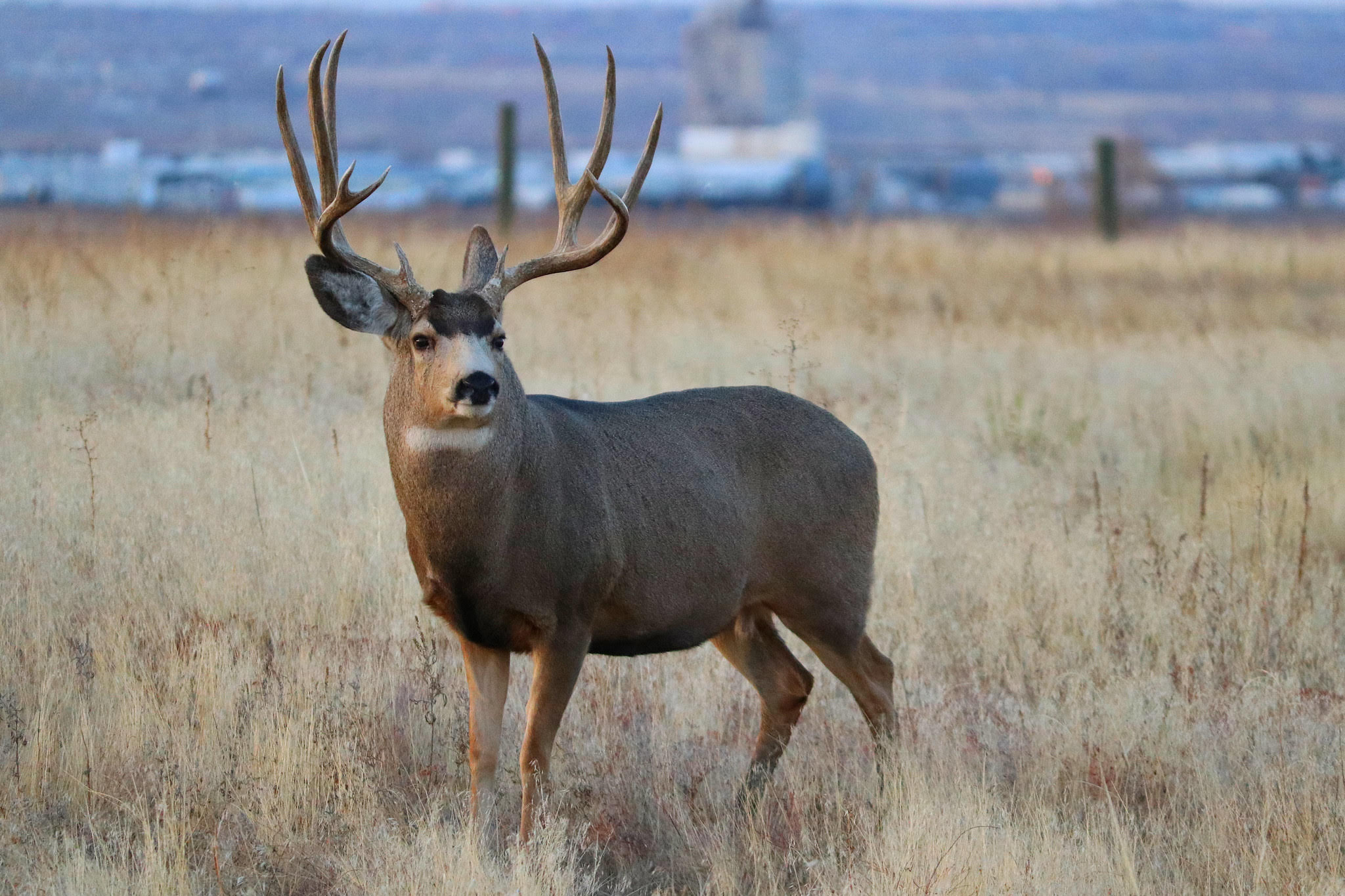
Two white-tailed deer at a Texas breeding facility linked to a recently uncovered deer-smuggling operation have tested positive for chronic wasting disease (CWD), an illness wildlife laws aim to prevent, the Texas Parks and Wildlife Department (TPWD) reported yesterday.
The detections were the first for Tom Green County, in west-central Texas. The farm is owned by Ken Schlaudt, 64, of San Antonio.
"The facility is one of several linked to the recent 'Ghost Deer' investigation, in which Texas Game Wardens uncovered widespread, coordinated deer-breeding violations," TPWD said.
Some of the infractions were smuggling captive and free-range deer between farms and ranches; CWD testing and license violations; and misdemeanor and felony drug charges related to controlled sedatives. CWD is a fatal neurologic disease that infects cervids such as deer and elk.
"These intentional acts jeopardize the health and wellbeing of every deer in the state by circumventing the laws in place to prevent the spread of CWD," Col. Ronald VanderRoest, TPWD law enforcement director, said in the news release.
Owing to shoddy recordkeeping, additional CWD exposures unknown
The department noted that proper transfer permit procedures include CWD testing before transferring deer between facilities. The law also requires the submission of identification, movement, and testing records to Texas Wildlife Information Management Services.
Due to negligent recordkeeping and intentional testing violations associated with Schlaudt's facility, it is unknown exactly how many CWD-exposed deer have been moved or what other ranches and facilities across the state may be affected.
"Due to several violations linked to this facility during the investigation, including felony tampering with governmental records and violation of disease monitoring protocols that increased the risk of spreading CWD to other parts of the state, all deer at Schlaudt's facility were removed and submitted for disease testing," TPWD said.
"Due to negligent recordkeeping and intentional testing violations associated with Schlaudt's facility, it is unknown exactly how many CWD-exposed deer have been moved or what other ranches and facilities across the state may be affected," it added.
The investigation began in 2024 after wardens discovered violations during a Montgomery County traffic stop, eventually revealing one of the largest deer-smuggling networks in state history and the filing of about 1,400 charges against 24 people in 11 counties.














